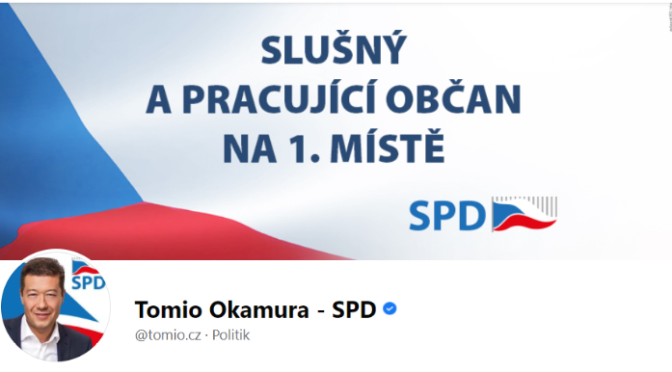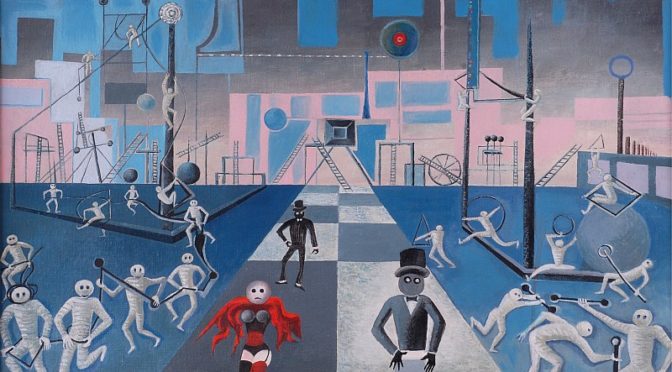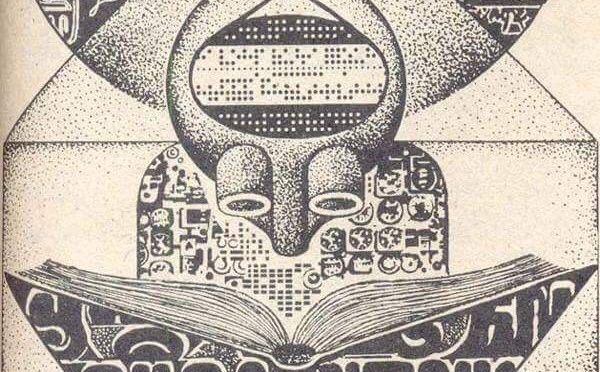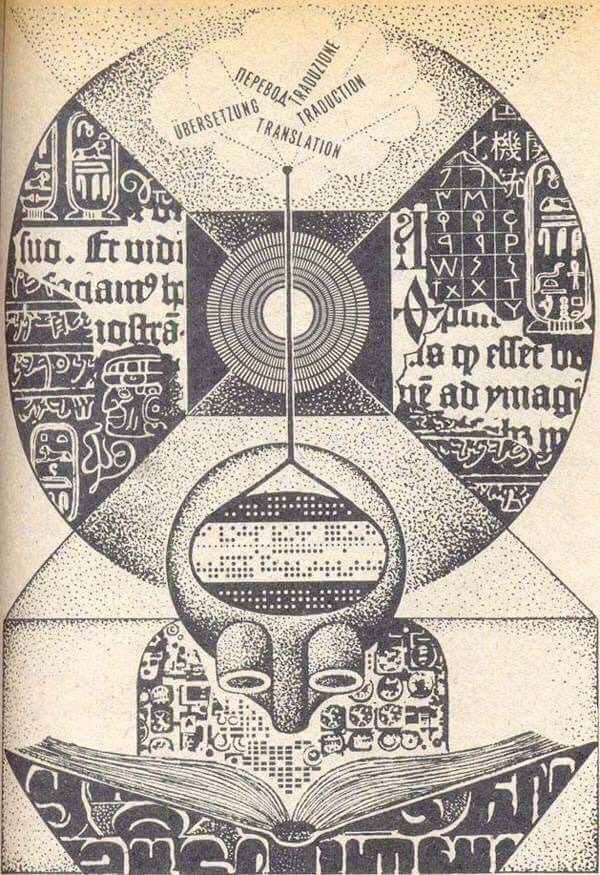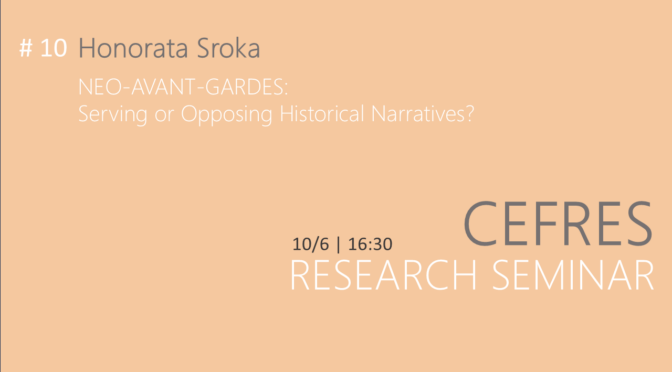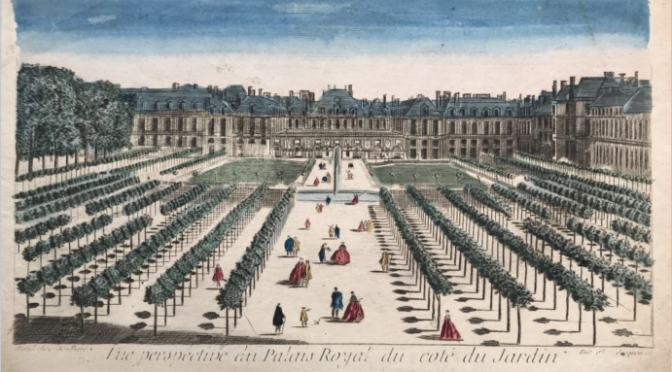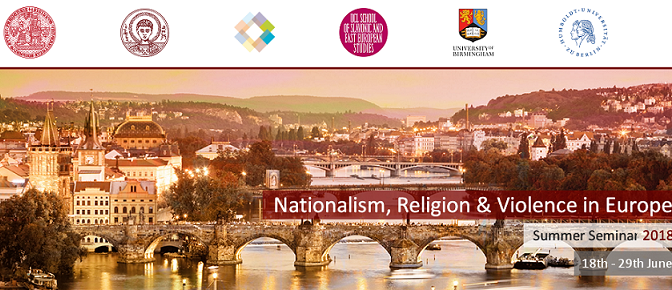The seventh session of the seminar “Nature(s) & Norms” (NANO), carried out within the framework of the research program SAMSON (Sciences, Arts, Medicine and Social Norms), developed by Sorbonne University (Paris), the Faculty of Arts of the Charles University (Prague), Warsaw University and CEFRES welcomes two participants:
Rodolphe GAUDIN (Sorbonne University) and
Małgorzata LITWINOWICZ (Warsaw University).
Location: Paris, CEFRES Library and online
To receive the link, please contact us at cefres[@]cefres.cz
Date: Friday, May 26th 2023, 4.30 pm
Language: English
Part 1
Parc Management as Political Practice and Metaphor. The Politics of Public Space in Karamzin’s ‘Letters of a Russian Traveler’
Rodolphe BAUDIN (Sorbonne University)
While walking around Paris and Versailles in the spring of 1790, Nikolai Karamzin’s Russian Traveller reflects on garden landscaping, improvements made by monarchs or grandees in public parks and popular reactions to these changes. This talk postulates that Karamzin uses the Traveller’s comments on this topic to reflect on the way authorities use parks and gardens to manage public discontent and the way the population oppositely use is it as a space of social Independence to escape disciplining efforts from the top. As a result, this co-management of nature in public space is used as a metaphor for the social contract and its mismanagement by the authorities as a metaphor for the origins of the ongoing French revolution, an event Karamzin reflects on using a nature-based discourse typical for Conservative thinkers in this time.
Rodolphe BAUDIN is a Professor of Russian literature at Sorbonne university. He works on 18th-century sentimentalist culture and ego documents. His current research interests include Descriptive translation studies, disability studies and eco-criticism.
Part 2
Forest as Performed Myth in Literature of Interwar Poland
Małgorzata LITWINOWICZ (Warsaw University)
In my presentation, I will focus on the phenomenon of mythologizing natural spaces, in particular the primeval forest and swamps. They were loaded with various content and engaged for various purposes in interwar Poland – among others, they were to testify to the eternal and natural character of Polishness. So these spaces (its images, descriptions or knowledge about it) were used in the service of state propaganda. Referring to this context, I would like to present in more detail the writings of Maria Rodziewicz, the most popular Polish writer of the interwar period. Her texts served – yes – the propaganda of Polishness, especially in the eastern borderlands and were nationalistically engaged. They were also – like the author herself – queer texts, emphasizing a relationship between man and nature other than exploitation, questioning the accepted gender roles, proposing a new social order. I would like to focus on these paradoxes and their place in Polish imaginary.
Małgorzata LITWINOWICZ is assistant Professor at Institute of Polish Culture (University of Warsaw, Poland). Primary fields of research include 19th century history of Polish and Lithuanian cultures, problems of modernity and modernization, in particular issues related to media transformations and inventiveness. Her research interests include also traditional stories but above all, telling literature. Currently working on a project devoted to “domestication” of the Baltic Sea in Polish culture and the middle-war period and cultural history of national parks in Poland in the same period.
See the complete program of the Seminar here.

